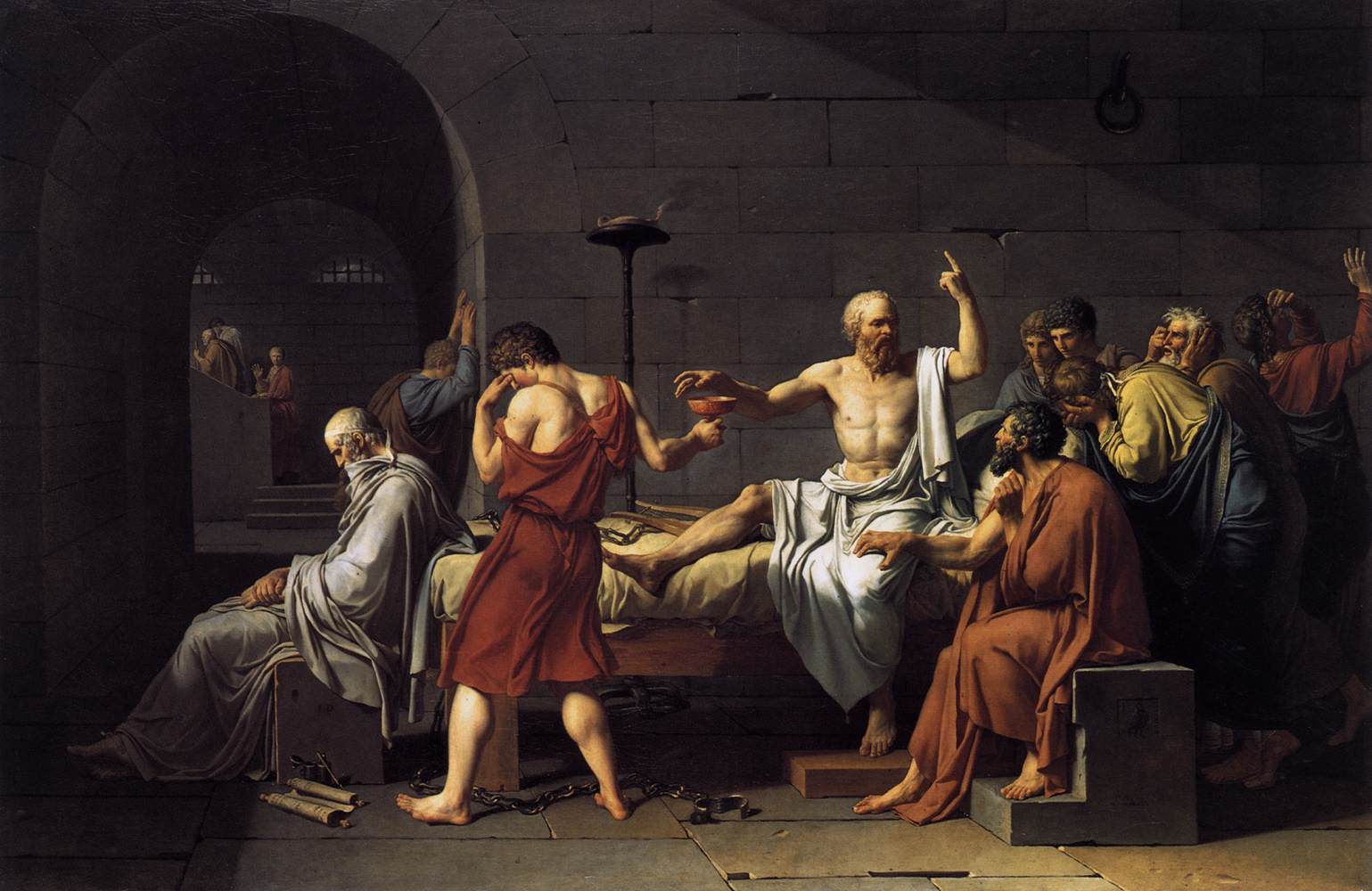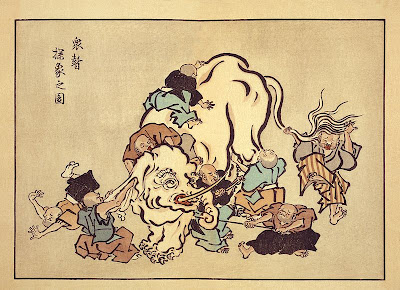One of the things she's noticed is that students who do not have experience with reading and writing lack the skills and strategies to tackle Gallagher's "trouble-spots," the places where confusion tends to arise. They have difficulty looking for context clues. They don't think to sound words out. Often when they get stuck, they stay stuck, because they lack the tools to solve their problems.
The trouble is that we very rarely recognize that we're missing out on strategies for doing our work. Rather, it's easier for a student to internalize failure and believe that it's about a lack of ability rather than a lack of knowledge. My wife tells me stories about students who fake knowing, who memorize what others are reading, who get put in the wrong classes because they can cheat the placement exams. She also tells me about students who despair, who say they just can't read, though she knows better.
I think many of our students will get stuck in the same way––lots of them smart kids who simply lack the tools to become effective readers and thinkers. I think one of the things theory does so well is to bring strategies for reading, for overcoming trouble-spots and arriving at understanding meaning, out into the open. Imagine how daunting it would be to learn construction, for example, if your boss never showed you he was using tools! With the right tools, it's something almost anyone could learn. If students know about the tools we use to arrive at meaning, I think they will be much less likely to feel alienated from the text or to blame their lack of understanding on inability. Learning theory is so different from learning many of the things I learned in English class. There's really no way to fake it. The application of these critical tools is a skill; either you've learned it or you haven't. I think learning theory begins to put the value back into ELA classrooms, which have the potential to become little more than glorified book clubs with lessons in Eurocentrism. The time spent musing on theories and strategies for teaching English this semester has been enlightening and beneficial. I, for one, am thankful for it.



.jpg)





